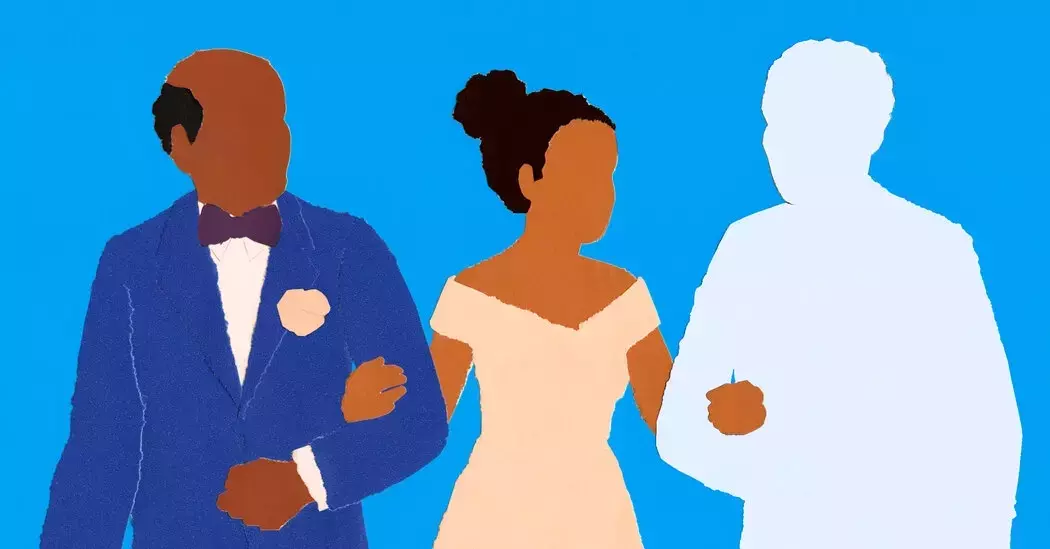
A father grapples with deep emotional pain as his daughter opts for her stepfather to participate in key wedding rituals. Despite maintaining a strong bond with his child after a challenging divorce, the man feels sidelined by this decision. The scenario raises questions about the significance of traditional roles in modern family dynamics and the potential impact on parental identities.
Emotional Turmoil Surrounding a Daughter’s Special Day
In the midst of a golden autumn, a 37-year-old woman is set to walk down the aisle for her second marriage, surrounded by cherished traditions. Her father, who has consistently been an active presence in her life despite a tumultuous divorce from her mother decades ago, finds himself grappling with heartache. He had always prioritized their relationship, never missing milestones or vacations together. Yet, when his daughter chose her stepfather to accompany her during one of life's most significant moments, it left him feeling overlooked and deeply wounded. This choice not only affected the symbolic act of walking her down the aisle but also extended to other ceremonial elements like the father-daughter dance, further intensifying his anguish.
While understanding that weddings are primarily about the couple, the father struggles with feelings of invisibility. His concerns extend beyond personal hurt, questioning whether his absence might cause less distress than anticipated. As he contemplates attending the event, witnessing another man fulfill these roles remains a daunting prospect.
From a therapeutic perspective, this situation reflects broader themes of identity and recognition within blended families. The rituals hold immense emotional weight, symbolizing years of dedication and love invested by both biological and step-parents alike.
The challenge lies in navigating these complex emotions while respecting familial decisions.
This story underscores the delicate balance required in honoring family traditions without undermining individual relationships. It invites reflection on how we can better acknowledge and celebrate each person's unique contributions to a child's upbringing.
